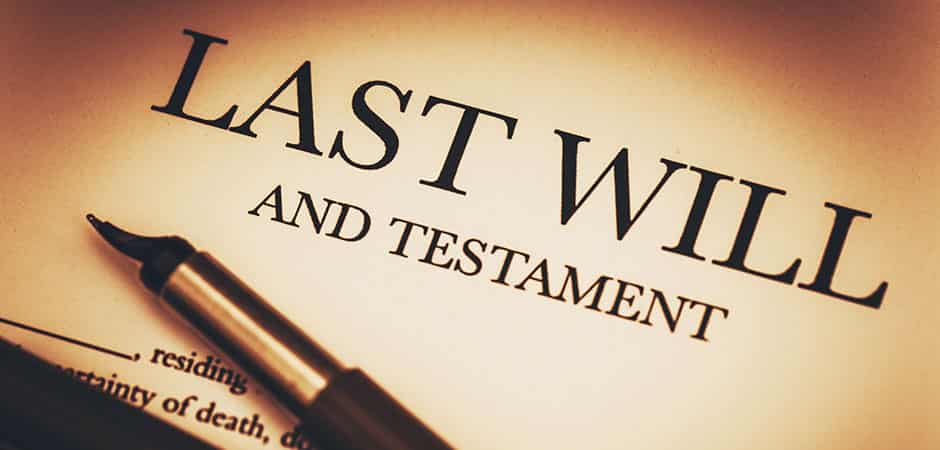Sydney-based law graduate, with a passion for commercial law, litigation, negotiation, dispute resolution, and construction law. Formerly Legal Intern at Lawpath.
When someone dies, their remaining debts and assets need to be distributed and settled properly according to their instructions. This is the process someone goes through in order to settle and estate. If you have a legal will written up, your estate will be settled in this way.
All the debts to be paid and all your assets will be distributed to the designated heirs as you have appointed. Without these instructions in place, the state will apply a standard legal formula to determine how everything gets distributed. There is no way of knowing now if right people receive the right assets as you wished.

Get a free legal document when you sign up to Lawpath
Sign up for one of our legal plans or get started for free today.
Step one: the representative
So the first step in the process is appointing the representative, also known as the executor or administrator of the estate. This is usually made clear in your will who you wish this person to be. However, if no will exists then someone is appointed by the court. This is why it’s so important than you have appointed someone you trust to handle all your affairs after you die.
This is definitely not an easy task, and the duties of a representative can take up to several years to finalise everything.
Step two: the debts
Unfortunately, just as in life your debts still follow you in death. Your representative will have to pay off all existing debts first. However, it is always highly recommended that you consult an estate planning lawyer when you are writing your will. This will allow you to easily safeguard your assets in a legal manner. If you are the representative of a recently deceased estate, you can also consult an estate lawyer before you make any actions.
Additionally, there is one final tax return to complete upon the death of the estate. If you have all documents of their pay it is relatively easy to complete yourself or by their usual accountant. If unsure, it is possible to complete a ‘trust’ tax return. Either way, after this stage the assets are now ready to be distributed.
The Australian Taxation Office provides some very helpful pointers to get you started on the deceased estate. They even have a checklist to go through to make sure you are in keeping with the law.
Step three: the assets
After all taxes are handled and debts are paid you next job is distributing the assets to the right people as dictated in the will.
Once all of this is completed, the estate is considered to be settled. There is nothing left to do and all the affairs should be taken care of.
Conclusion
Overall, the process to settle an estate doesn’t have too many steps. Although they are all very important and need to be done correctly. Consulting an estate lawyer allows you to plan this properly and legally to ensure your assets are well taken care of. It’s always a good idea to have your will drawn up early to avoid it being given to a stranger to look after.

Get a fixed-fee quote from Australia's largest lawyer marketplace.






